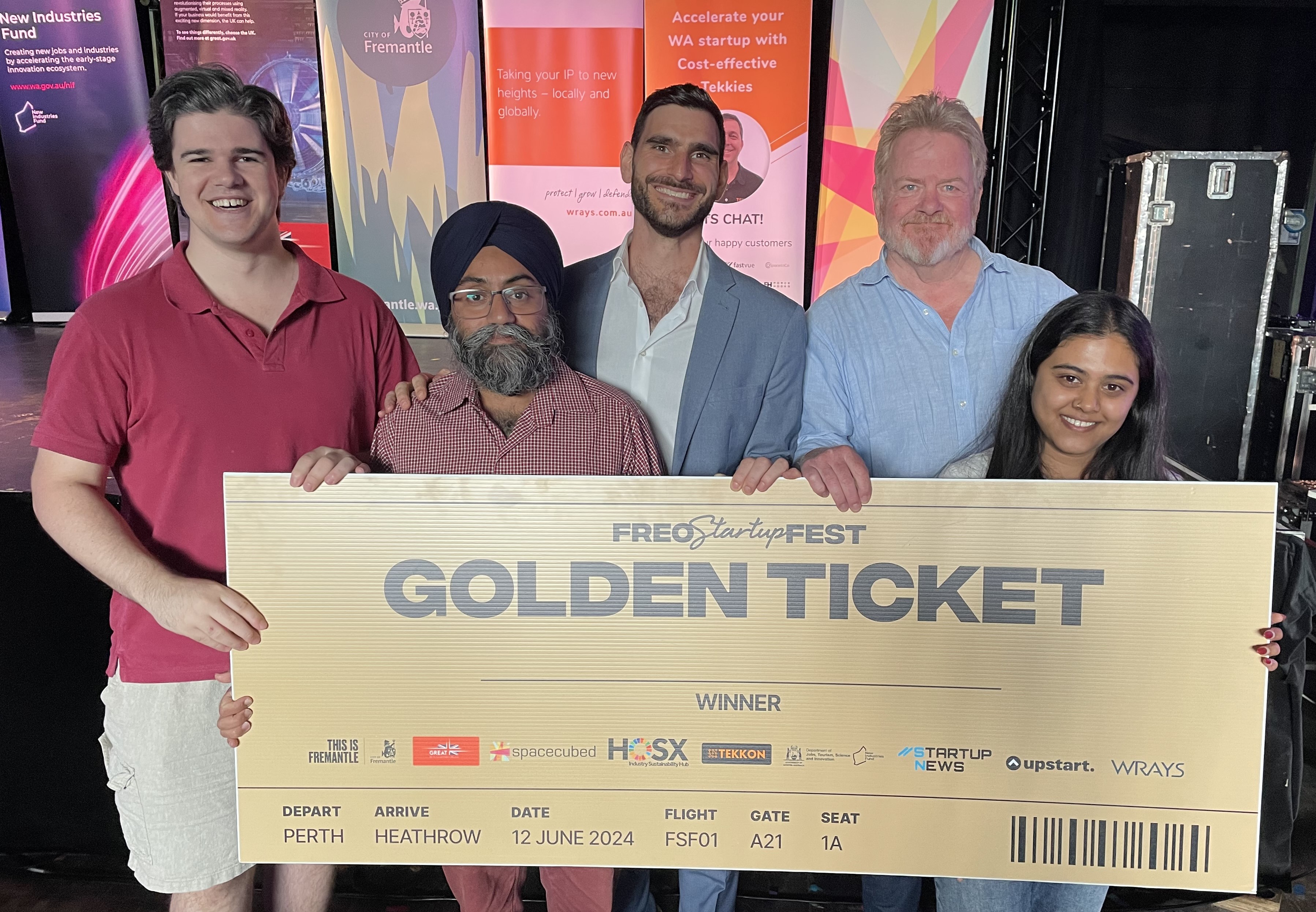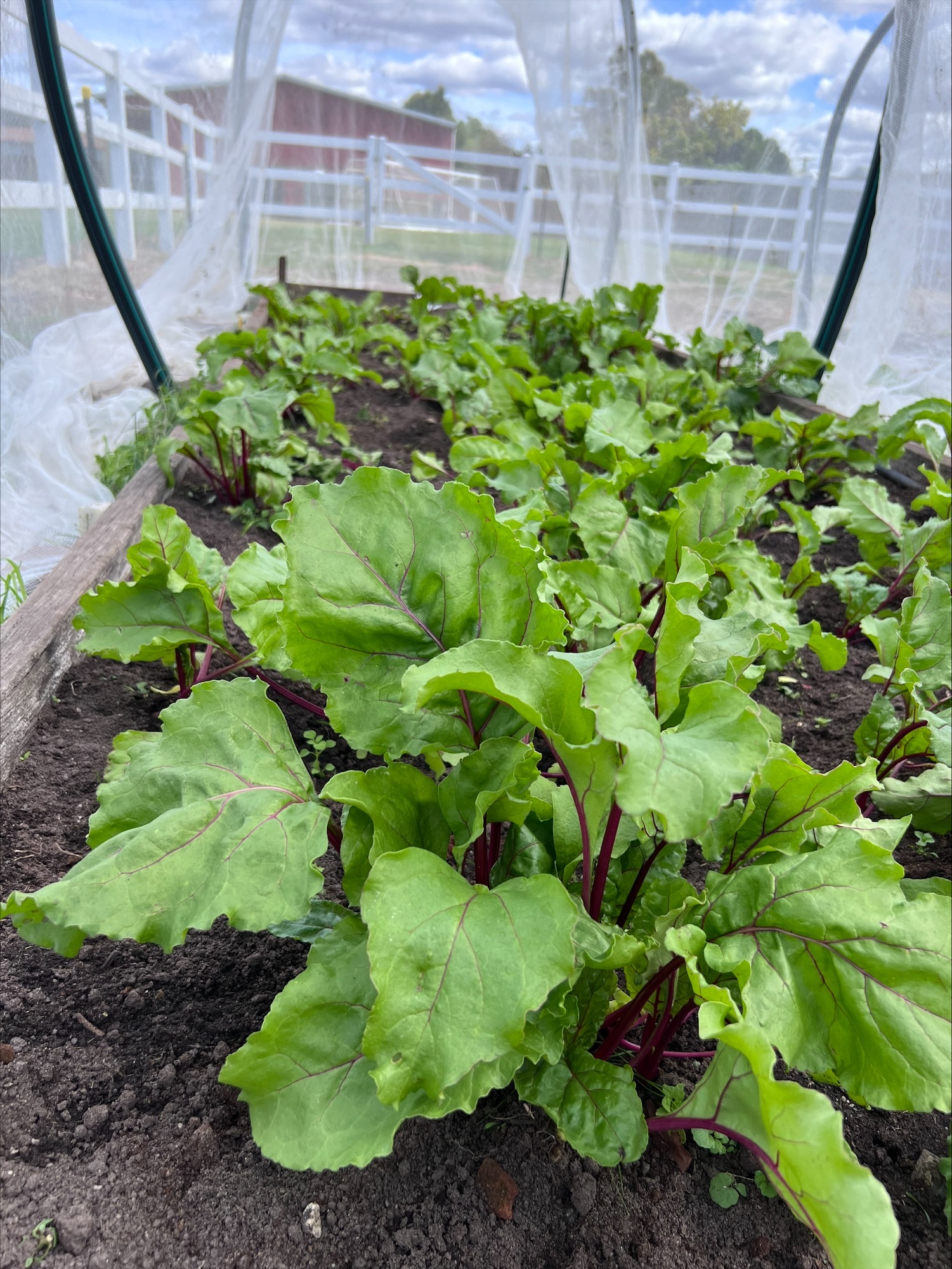A multi-disciplinary team including two clinical professionals and three researchers from the University of Western Australia has been honoured twice in the same week for their innovative biomedical device concept and vision to transform paediatric hearing tests and accelerate diagnosis and early intervention.
“This novel approach means there will be fewer failed tests, and it removes the need for expensive sedated testing, frees up time for the audiologist, and reduces waiting lists for patients needing in-clinic attention.”
Dr Peter King, Operations Manager at UWA’s Centre for Microscopy, Characterisation & Analysis (CMCA)
Hearing loss in infants and children is a major problem resulting in delays in speech and language development, which if not identified early has a potentially long-term negative impact on the individual and families.
While prompt detection is crucial for early intervention, diagnosing hearing loss during the critical age period (under three years old) is difficult as toddlers are usually uncooperative and unable to undertake play-based hearing tests.
The traditional electrophysiological clinic testing can require sedation and results can be erratic, creating the need for repeated appointments and journeys to clinics that already have long waiting lists.
The Sound-Asleep concept design, which is at the early prototype stage, is intended to be worn by a child during their natural sleep at home, automatically collecting and processing diagnostic data overnight or while they nap, with the results collected and wirelessly transmitted back to the clinic for review by an audiologist.
 Image: The “Sound-Asleep” team, from left to right: Rhys Jones, Harpreet Singh, Michael De Luca, Dr Peter King and Nivruthi Shekar.
Image: The “Sound-Asleep” team, from left to right: Rhys Jones, Harpreet Singh, Michael De Luca, Dr Peter King and Nivruthi Shekar.
Operations Manager at UWA’s Centre for Microscopy, Characterisation & Analysis (CMCA), Dr Peter King, who was part of the Sound-Asleep team said there were several benefits to the innovative device and methodology.
“This novel approach means there will be fewer failed tests, and it removes the need for expensive sedated testing, frees up time for the audiologist, and reduces waiting lists for patients needing in-clinic attention,” said Dr King.
“Operating during natural sleep cycles also allows for extended periods of data collection which significantly increase accuracy and reliability.”
The Sound-Asleep invention won both the 2023 Perth Biodesign Course, and the Freo Startup Fest Golden Ticket event.
The team, which also comprises audiologist Michael De Luca, UWA PhD student Rhys Jones, international exchange student Nivruthi Shekar, and clinical nurse Harpreet Singh acknowledged the support and outstanding course leadership of the Perth Biodesign team and all external stakeholders and mentors who had offered invaluable time and advice.








